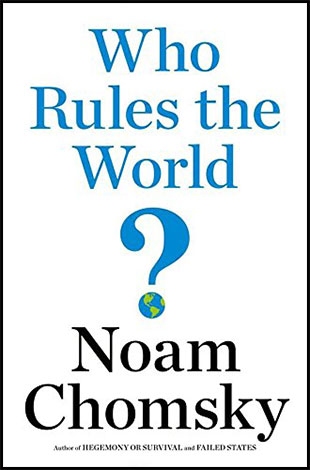"Among states, since the end of World War II the United States has been by far the first among unequals, and remains so. It still largely sets the terms for global discourse, ranging from such concerns as Israel-Palestine, Iran, Latin America, the 'war on terror,' international economic organization, rights and justice, and others like them to the ultimate issues of survival of civilization (nuclear war and environmental destruction). Its power, however, has been diminishing since it reached a historically unprecedented peak in 1945. And with the inevitable decline, Washington's power is to some extent shared within the 'de facto world government' of the 'masters of the universe,' to borrow the terms of the business press — referring to the leading state capitalist powers (the G7 countries) along with the institutions they control in the 'new imperial age,' such as the International Monetary Fund and the global trade organizations.
"The 'masters of the universe' are of course very far from representative of the populations of the dominant powers. Even in the more democratic states, the populations have only limited impact on policy decisions. In the United States, prominent researchers have produced compelling evidence that 'economic elites and organized groups representing business interests have substantial independent impacts on U.S. government policy, while average citizens and mass-based interest groups have little or no independent influence.' "
